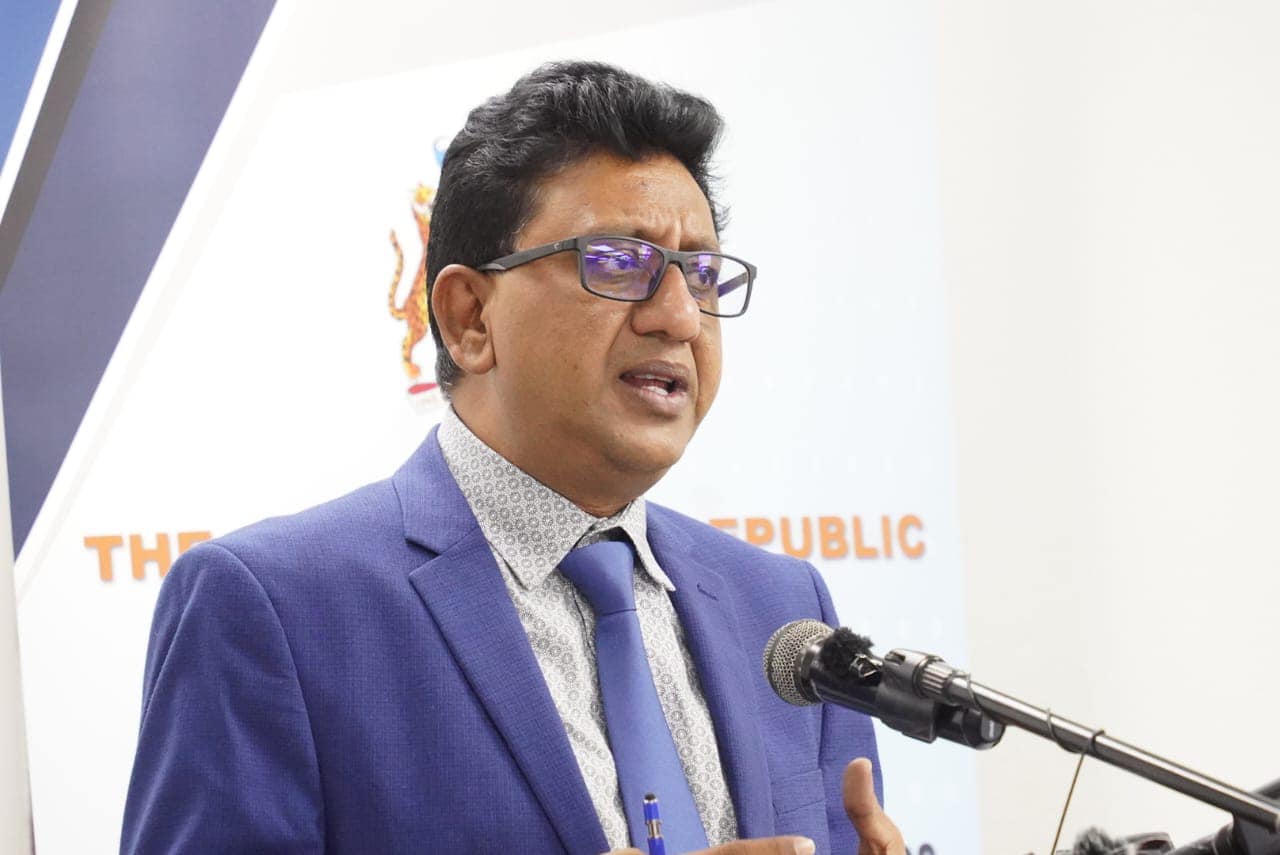Attorney General Anil Nandlall on Wednesday announced that the transformative new Evidence Bill is nearing completion. Nandlall said the bill promises to modernise Guyana’s legal framework and judicial proceedings.
The new Evidence Bill will replace the 1893 Evidence Act which according to Nandlall “has no place in today’s world.”
“We have drafted a new Evidence Bill, our current Evidence Act is an 1893 legislation by sheer passage of time that has become anachronistic and archaic,” he added.
He explained that this new legislation will incorporate the use of computers and digital devices as admissible evidence.

“I have asked the consultant as far as possible to retain as many as the 1893 provisions as possible so we have a foundation already there and then to introduce all the new concepts that would have emerged from 1893 to now,” Nandlall said.
He was addressing a training on restorative justice for magistrates, lawyers and restorative justice officers at the Cara Lodge Hotel in Georgetown.
“This bill will change the landscape of legal adjudication of our country,” Nandlall said as he highlighted that the bill will influence all forms of judgment, including commissions of inquiry, arbitration, and judicial inquiries.
“Every type of judicial inquiry will be impacted by this bill and that is why it cannot be proceeded with haste,” Nandlall said.
The attorney general also revealed that the new Evidence Bill is being designed from legislative models like Australia’s Evidence Act and incorporating elements of England’s Police and Criminal Evidence Act of 1984.
“The model that we have used emanated from Australia but has been implemented in many countries already including Barbados. This is a huge undertaking, this particular bill will require great and multiple engagements,” Nandlall explained as he clarified that the engagement will include the magistracy, judiciary, and legal profession.
Experts and practitioners from jurisdictions where similar legislation has been implemented will also be brought to Guyana to train local professionals. To further support the transformation of the new bill, Nandlall said he has also asked the consultant to purchase the main text book aligned with the new legislation and this will be distributed to the legal community.






